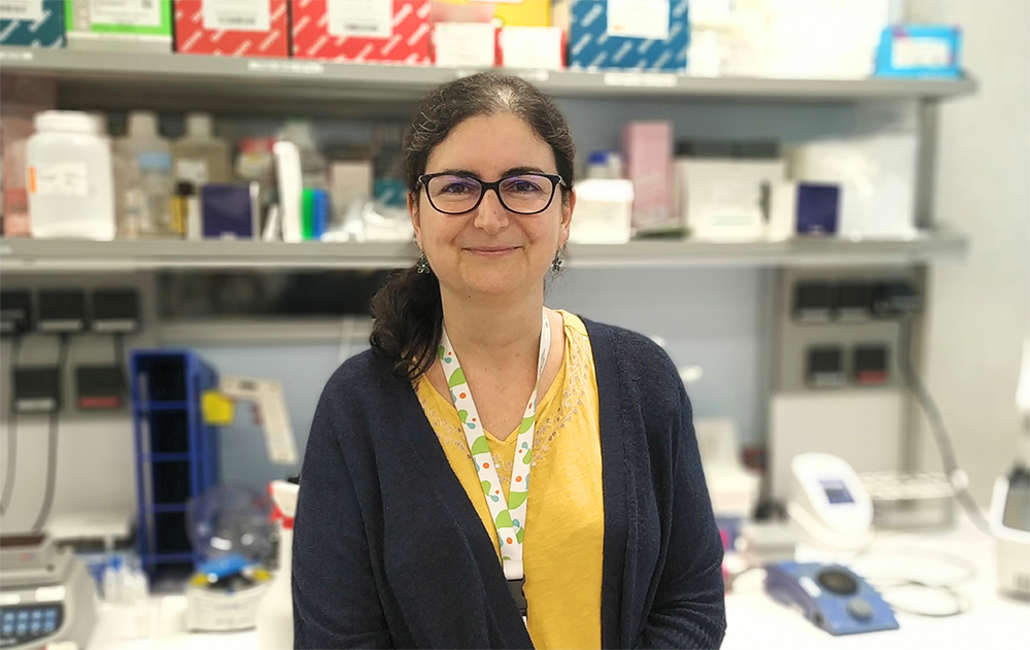The Josep Carreras Institute promotes the development of mRNA-based therapies for Rett Syndrome in collaboration with Bionure
Dr Sònia Guil's team, from the Josep Carreras Leukaemia Research Institute, will work together with the biotech company Bionure to develop new replacement mRNA-based treatments for Rett Syndrome, a severe neurological disease of genetic origin.

Rett syndrome is a severe and rare neurological disorder that primarily affects girls and women, with an estimated prevalence of 1 in 10,000 female births. Generally caused by mutations in the MECP2 gene, the disease is characterized by apparently normal early development followed, between 6 and 18 months of age, by rapid regression of motor and cognitive skills, respiratory problems, and epilepsy. Currently, there is no approved cure; interventions are limited to symptomatic management and supportive care.
Dr Sònia Guil and her group Regulatory RNA and chromatin, from the Josep Carreras Institute, are working to advance research into this rare disease. Now, together with Bionure, a biotechnology company dedicated to the research and development of innovative treatments for Central Nervous System diseases using advanced RNA technology, they aim and develop replacement mRNA-based treatments for Rett Syndrome.
This new collaboration will bring together Bionure's mRNA design and optimization platform with the IJC's deep expertise to generate mRNA replacement therapies for Rett Syndrome and, potentially, reverse or slow the progression of the disease.
“Our team has been researching RNA-mediated regulation and its applications in biomedicine for over a decade, including the design of therapies for neurological disorders such as Rett syndrome”, explains Dr Guil. “Collaborating with Bionure allows us to translate this knowledge and expand it into the development of next-generation mRNA therapies with a clear clinical impact.”
The identification of a disease-modifying therapy would have a transformative impact on the quality of life of the more than 350,000 people affected and their families worldwide. In addition to alleviating the burden of care and healthcare costs, it would enable the social and educational integration of patients and open new avenues of research for other genetic disorders with similar mechanisms.